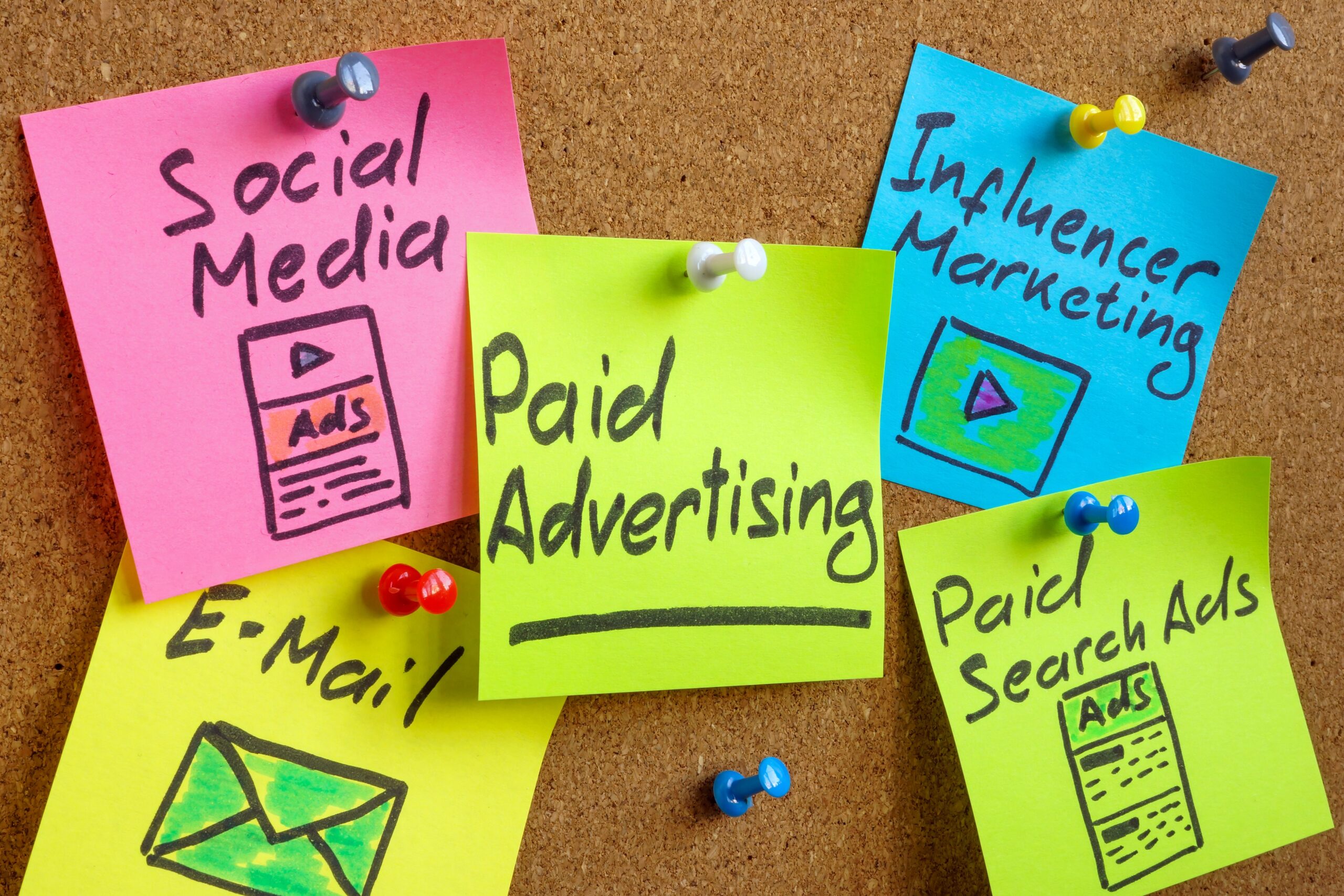In the competitive world of digital marketing, businesses are constantly seeking effective strategies to reach their target audience and drive conversions. Paid marketing has emerged as a powerful tool in this endeavor, offering precise targeting, measurable results, and the ability to quickly generate traffic. This comprehensive guide will explore the nuances of paid marketing, focusing on Google Pay Per Click (PPC) and paid search advertising. We’ll discuss key strategies, benefits, and best practices, along with real client testimonials to illustrate the impact of these techniques.
Understanding Paid Marketing
Paid marketing involves spending money to promote your business through various online platforms. Unlike organic marketing, which relies on free tactics such as SEO and content marketing, paid marketing guarantees visibility through advertisements. The primary goal is to reach potential customers who are actively searching for products or services similar to what you offer.
To learn more about SEO, click here.
You can click here for your free consultation.
Fill out our intake form to help us understand your business goals and SEO needs.
Paid marketing can take various forms, including:
- Search Engine Advertising: This includes PPC campaigns on search engines like Google and Bing.
- Social Media Advertising: Platforms such as Facebook, Instagram, LinkedIn, and Twitter offer paid advertising options.
- Display Advertising: Banner ads displayed on various websites.
- Retargeting Ads: Ads shown to users who have previously visited your website.
- Video Ads: Ads that appear before, during, or after video content on platforms like YouTube.
Each form of paid marketing has its own set of advantages and can be tailored to meet specific business goals.
To get a head start on your paid advertising and social media marketing needs schedule a free complimentary discovery call with Rajiv Jadhav, CEO of Rsquare Media. Click here!
The Power of Google Pay Per Click
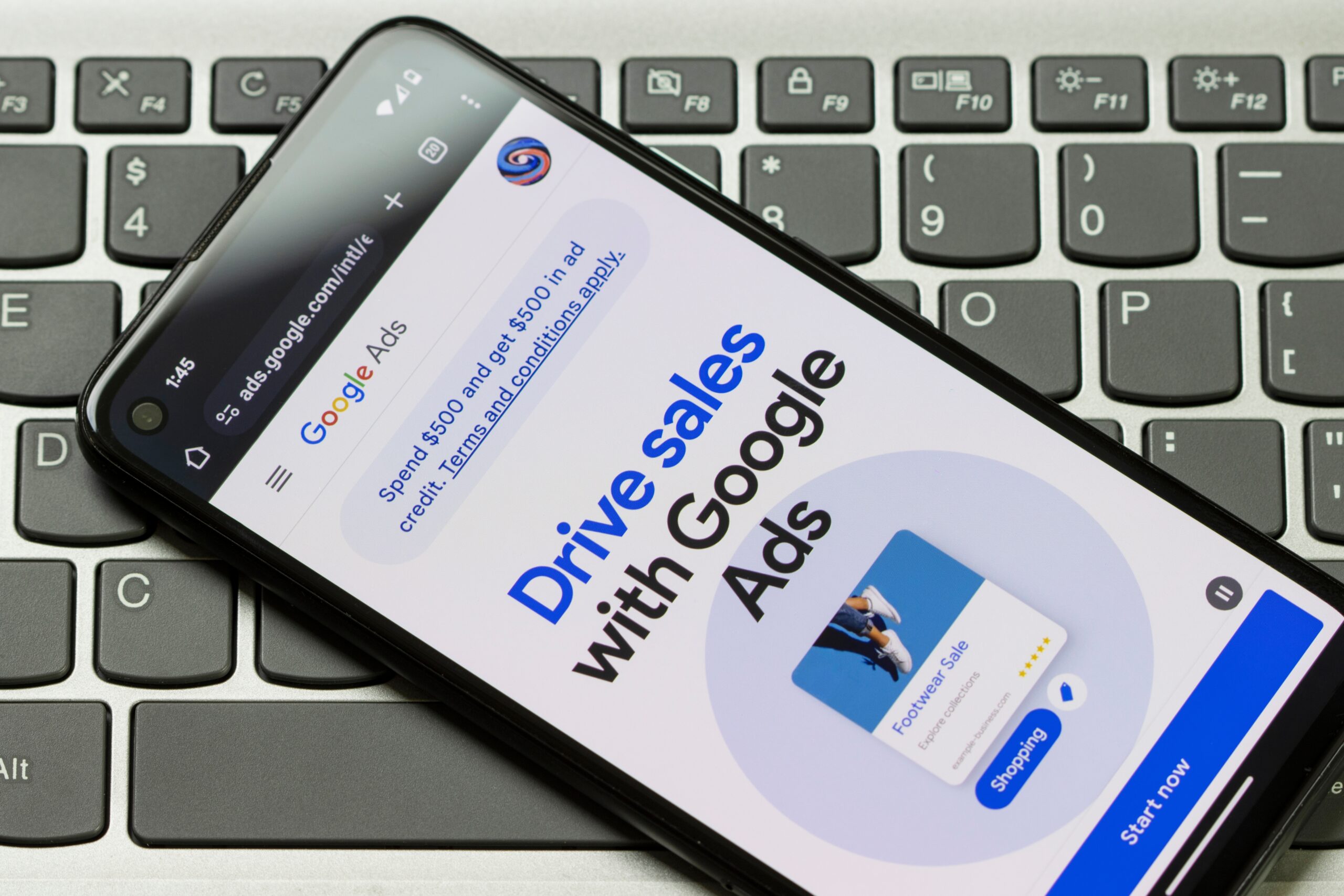
Google Pay Per Click (PPC) is one of the most popular and effective forms of paid marketing. Here’s why:
- Immediate Visibility: Google PPC ads appear at the top of search results, ensuring that your business is seen by users right when they’re searching for related keywords.
- Targeted Advertising: With Google PPC, you can target ads based on keywords, demographics, location, and even the time of day, ensuring your ads reach the right audience.
- Cost-Effective: You only pay when someone clicks on your ad, making it a cost-effective way to drive traffic to your website.
- Measurable Results: Google Ads provides detailed analytics, allowing you to track the performance of your campaigns and make data-driven decisions.
To get a head start on your paid advertising and social media marketing needs schedule a free complimentary discovery call with Rajiv Jadhav, CEO of Rsquare Media. Click here!
Getting Started with Google PPC
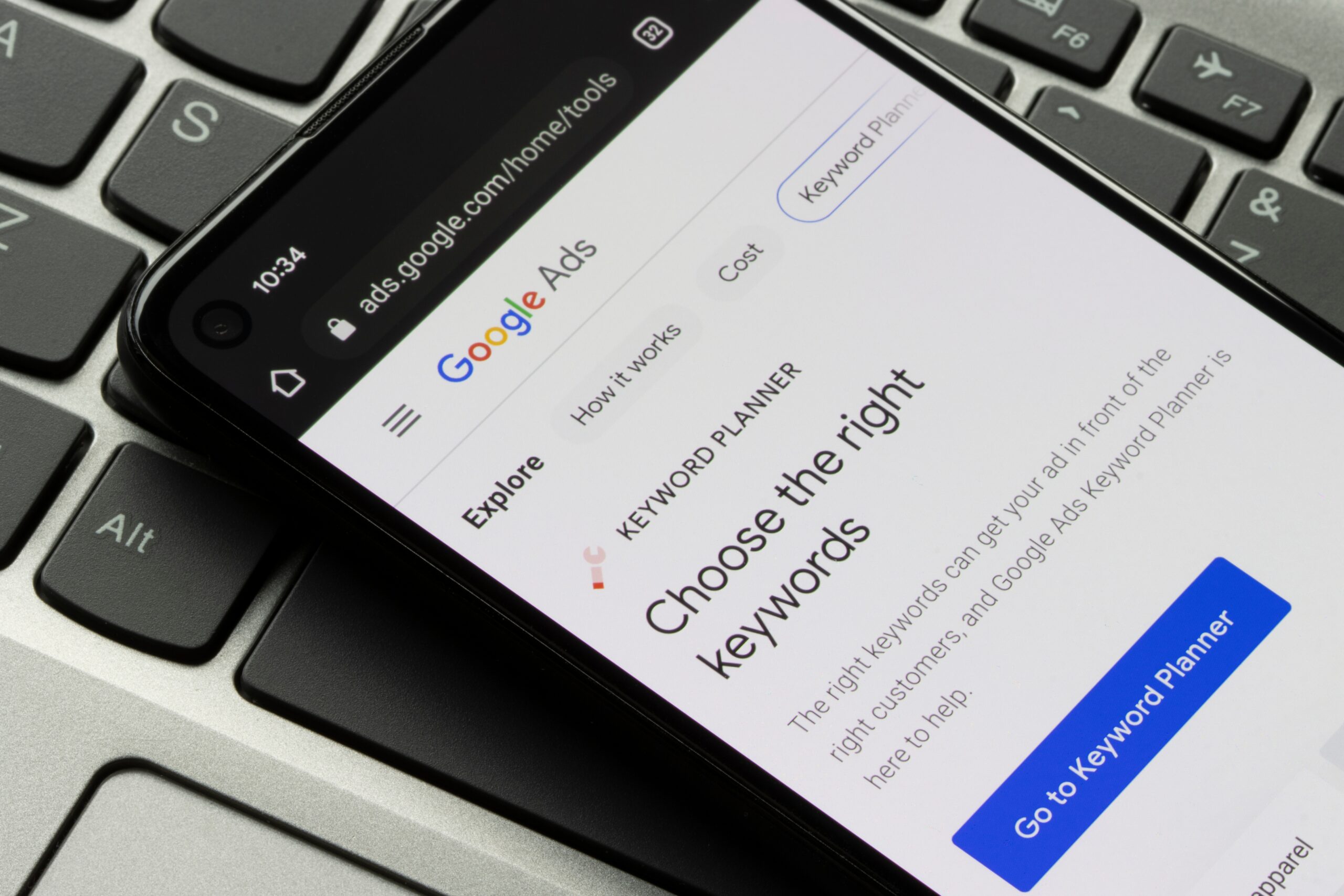
To launch a successful Google PPC campaign, follow these steps:
-
- Keyword Research: Identify the keywords your target audience is searching for. Use tools like Google Keyword Planner to find relevant keywords with high search volume and low competition.
- Create Compelling Ads: Write clear and compelling ad copy that includes your target keywords. Highlight the unique selling points of your product or service.
- Set Your Budget: Determine how much you’re willing to spend on your campaign. Google Ads allows you to set daily and monthly budgets to control your spending.
- Monitor and Optimize: Regularly monitor the performance of your ads. Use the analytics provided by Google Ads to identify what’s working and make necessary adjustments to improve your results.
@rsquaremedianyMaxing out your google ads campaign #googleads #smallbusiness #localbusiness
To get a head start on your paid advertising and social media marketing needs schedule a free complimentary discovery call with Rajiv Jadhav, CEO of Rsquare Media. Click here!
Advanced Strategies for Google PPC

Once you have the basics of Google PPC down, it’s time to dive into more advanced strategies to maximize your campaign’s effectiveness:
- Ad Extensions: Use ad extensions to provide additional information and improve the visibility of your ads. Examples include site link extensions, call extensions, and location extensions.
- Remarketing: Target users who have previously interacted with your website but did not convert. Remarketing can help bring these potential customers back to complete their purchase.
- Audience Targeting: Beyond keywords, you can target specific audiences based on their interests, demographics, and online behavior.
- A/B Testing: Continuously test different ad variations to determine what works best. Experiment with different headlines, ad copy, and calls to action.
- Bid Adjustments: Adjust your bids based on factors such as device, location, and time of day to optimize your ad spend.
To get a head start on your paid advertising and social media marketing needs schedule a free complimentary discovery call with Rajiv Jadhav, CEO of Rsquare Media. Click here!
Paid Search Advertising: An Overview
Paid search advertising encompasses various forms of online advertising where businesses pay to have their ads displayed on search engine results pages (SERPs). Google PPC is a subset of paid search advertising, but there are other platforms and methods to consider:
- Bing Ads: Although Google dominates the search engine market, Bing Ads can still be a valuable addition to your paid search strategy. Bing Ads can often be less competitive and cheaper than Google Ads.
- Display Advertising: These ads appear on websites within Google’s Display Network. They can include text, images, and videos, helping to increase brand awareness and reach a broader audience.
- Retargeting: This strategy involves showing ads to users who have previously visited your website. Retargeting can help increase conversions by reminding potential customers of your offerings.
To get a head start on your paid advertising and social media marketing needs schedule a free complimentary discovery call with Rajiv Jadhav, CEO of Rsquare Media. Click here!
Best Practices for Paid Search Advertising
To maximize the effectiveness of your paid search advertising campaigns, consider the following best practices:
- Optimize Landing Pages: Ensure that your landing pages are relevant to your ads and provide a seamless user experience. A well-optimized landing page can significantly improve your conversion rates.
- To learn more about website designing, click here.
- You can click here for your free consultation.
- Fill out our intake form to help us understand your business goals and web design needs.
- Use Negative Keywords: Negative keywords prevent your ads from showing for irrelevant searches. This can help you avoid wasting money on clicks that are unlikely to convert.
- A/B Testing: Continuously test different ad copy, headlines, and landing pages to identify what works best. A/B testing allows you to refine your campaigns and improve performance.
- Track Conversions: Set up conversion tracking to measure the success of your campaigns. Understanding which ads and keywords are driving conversions can help you allocate your budget more effectively.
- Ad Scheduling: Use ad scheduling to run your ads during specific times of the day or week when your target audience is most active.
- Geotargeting: Target specific geographic locations to ensure your ads are seen by the most relevant audience.
To get a head start on your paid advertising and social media marketing needs schedule a free complimentary discovery call with Rajiv Jadhav, CEO of Rsquare Media. Click here!
Pay Per Click Advertising: Key Benefits
Pay Per Click (PPC) advertising offers numerous benefits for businesses looking to boost their online presence:
- Control Over Costs: PPC allows you to set a maximum budget, ensuring you never overspend. You can also adjust your budget based on the performance of your campaigns.
- Quick Results: Unlike SEO, which can take months to show results, PPC can drive traffic to your website almost immediately.
- Highly Targeted: PPC advertising enables precise targeting based on various factors such as location, device, and audience interests, ensuring your ads reach the most relevant audience.
- Flexibility: PPC campaigns can be easily adjusted to respond to market changes, seasonal trends, or specific business goals.
- Enhanced Visibility: PPC ads appear at the top of search engine results pages, increasing your brand’s visibility and credibility.
- Detailed Analytics: PPC platforms provide comprehensive data on ad performance, allowing you to make informed decisions and optimize your campaigns.
To get a head start on your paid advertising and social media marketing needs schedule a free complimentary discovery call with Rajiv Jadhav, CEO of Rsquare Media. Click here!
The Role of Analytics in Paid Marketing
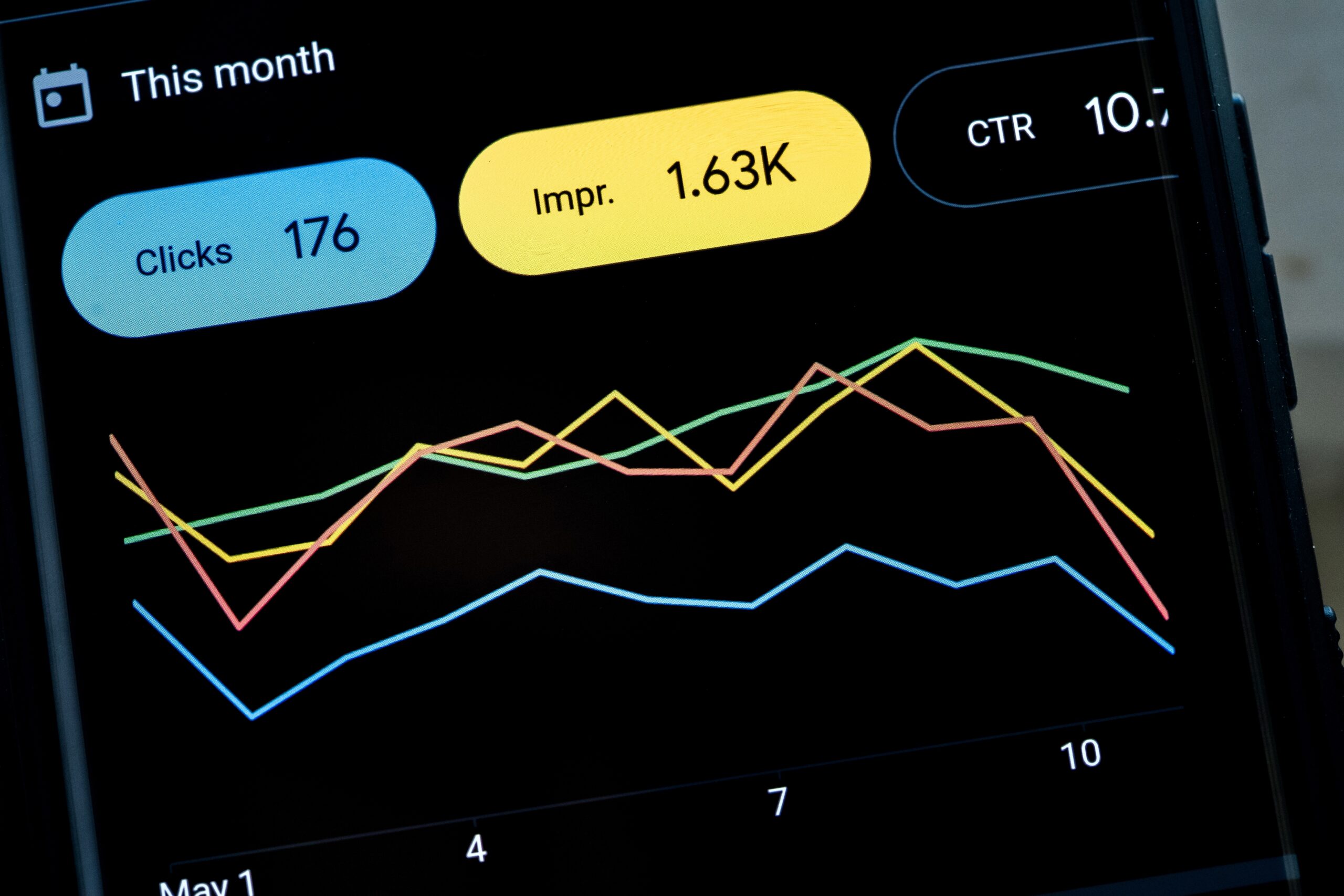
Analytics play a crucial role in the success of paid marketing campaigns. By analyzing data, you can gain insights into what’s working and what’s not, allowing you to make informed decisions and optimize your strategies. Key metrics to track include:
- Click-Through Rate (CTR): The percentage of users who click on your ad after seeing it. A high CTR indicates that your ad is relevant and compelling.
- Conversion Rate: The percentage of users who complete a desired action, such as making a purchase or filling out a form, after clicking on your ad.
- Cost Per Click (CPC): The average amount you pay each time someone clicks on your ad. Lowering your CPC while maintaining a high conversion rate can improve your ROI.
- Quality Score: A metric used by Google to measure the relevance and quality of your ads, keywords, and landing pages. A higher Quality Score can lead to lower CPCs and better ad placements.
- Return on Ad Spend (ROAS): The revenue generated from your ad campaigns compared to the amount spent. A high ROAS indicates that your campaigns are profitable.
To get a head start on your paid advertising and social media marketing needs schedule a free complimentary discovery call with Rajiv Jadhav, CEO of Rsquare Media. Click here!
Real Client Testimonials: Success Stories in Paid Marketing
- John Lee, CEO of ProsperWorks “Investing in Google PPC was one of the best decisions for our business. We saw a significant increase in traffic and conversions almost immediately. The ability to target specific keywords and demographics allowed us to reach our ideal customers effectively. The insights and analytics provided by Google Ads helped us refine our strategy and improve our ROI continuously.”
- Jane Kim, Marketing Director at Evernote “Paid search advertising has been a cornerstone of our digital marketing strategy. By leveraging Google PPC, we’ve been able to maintain a consistent online presence and attract high-quality leads. The flexibility and control over our budget have made it a cost-effective solution, and the detailed performance reports have been invaluable in optimizing our campaigns.”
- David Chen, Head of E-commerce at Shopify “Pay per click advertising has played a crucial role in driving our online sales. We’ve utilized both Google and Bing Ads to maximize our reach, and the results have been impressive. The ability to test different ad variations and landing pages through A/B testing has allowed us to continuously improve our conversion rates. PPC advertising has undoubtedly contributed to our growth and success.”
To get a head start on your paid advertising and social media marketing needs schedule a free complimentary discovery call with Rajiv Jadhav, CEO of Rsquare Media. Click here!
Advanced Strategies for Maximizing ROI
To get the most out of your paid marketing efforts, consider these advanced strategies:
- Dynamic Search Ads: These ads automatically generate headlines and landing pages based on the content of your website. This can save time and ensure your ads are always relevant.
- Responsive Search Ads: Provide multiple headlines and descriptions, and Google will test different combinations to determine which performs best.
- Smart Bidding: Use machine learning to optimize your bids in real-time. Strategies such as Target CPA (Cost Per Acquisition) and Target ROAS (Return on Ad Spend) can help you achieve your campaign goals more efficiently.
- Local PPC Campaigns: Target users in specific geographic locations to attract local customers. This is especially useful for businesses with physical locations.
- Seasonal Campaigns: Tailor your ads to capitalize on seasonal trends and holidays. For example, creating special promotions for Black Friday or Christmas can drive significant traffic and sales.
- Voice Search Optimization: With the rise of voice search, optimize your ads for voice queries. This can include using natural language and long-tail keywords that people are likely to use in voice searches.
To get a head start on your paid advertising and social media marketing needs schedule a free complimentary discovery call with Rajiv Jadhav, CEO of Rsquare Media. Click here!
The Future of Paid Marketing
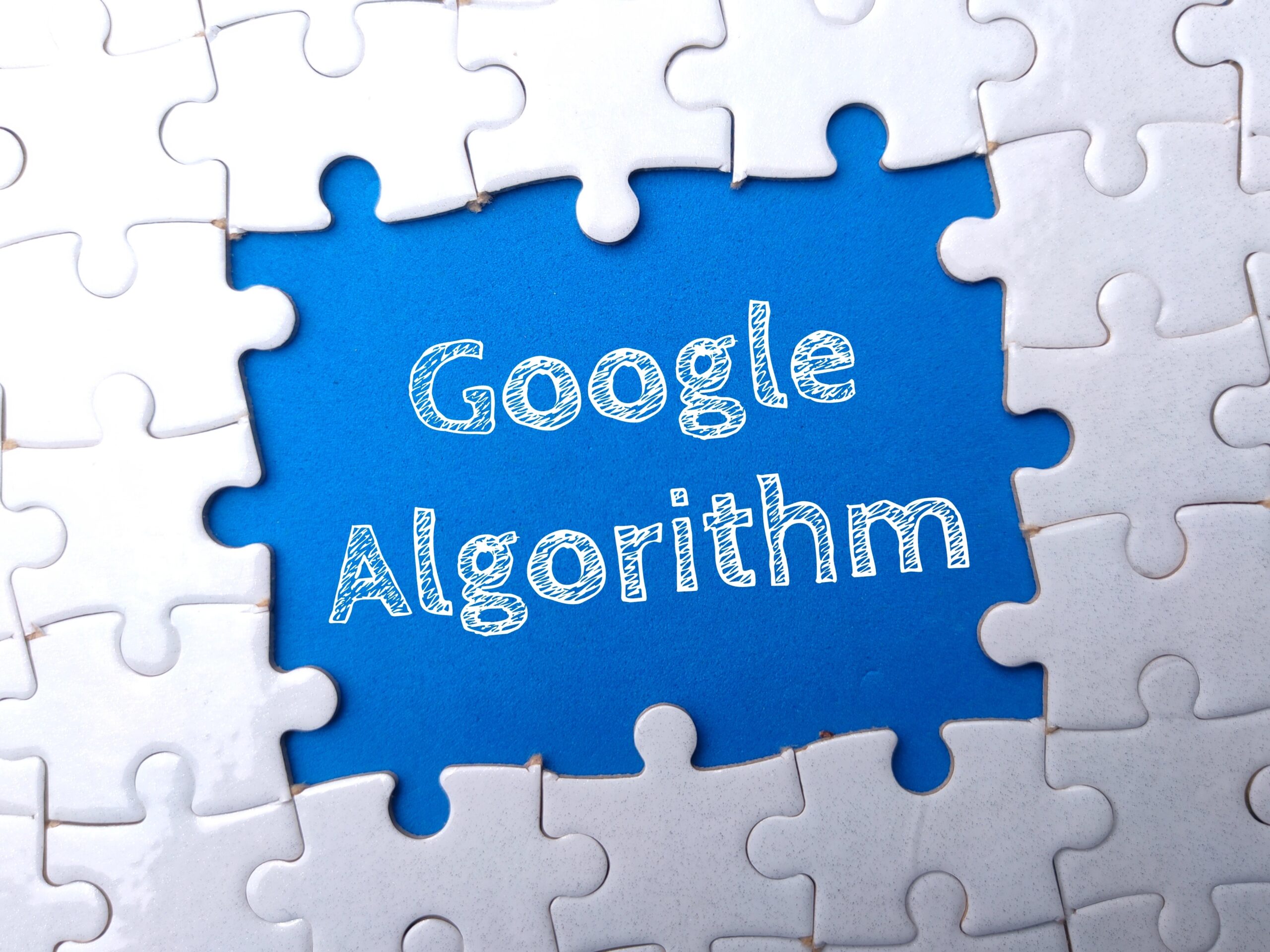
As technology continues to evolve, so does the landscape of paid marketing. Here are some trends to watch out for:
- Artificial Intelligence and Machine Learning: AI and machine learning are becoming increasingly integrated into paid marketing platforms. These technologies can help optimize campaigns, predict outcomes, and personalize ads for better performance.
- Visual and Video Search Ads: With the growing popularity of visual content, platforms like Google and Bing are incorporating more visual and video search ad options. This can help businesses capture the attention of users who prefer visual content.
- Augmented Reality (AR) Ads: AR ads allow users to interact with products in a virtual environment. This can enhance the user experience and drive engagement.
- Voice Search Ads: As voice search becomes more prevalent, optimizing ads for voice queries will be essential. This includes using conversational language and targeting long-tail keywords.
- Privacy and Data Regulations: With increasing concerns about privacy, businesses will need to navigate new data regulations and ensure their ads comply with these rules. This includes being transparent about data collection and respecting user privacy.
To get a head start on your paid advertising and social media marketing needs schedule a free complimentary discovery call with Rajiv Jadhav, CEO of Rsquare Media. Click here!
Sign Up for a Free Consultation with Rsquare Media
Are you ready to elevate your business with paid marketing? At Rsquare Media, we specialize in creating effective paid marketing strategies tailored to your unique needs. Our team of experts will help you navigate the complexities of Google Pay Per Click and paid search advertising to drive traffic, increase conversions, and achieve your business goals.
If you are looking for more information, visit us at Rsquare Media.
Schedule your free discovery call here.
Unlock Your Project’s Potential – Book Your Free Consultation Today!
In conclusion, paid marketing, particularly through Google Pay Per Click and paid search advertising, offers powerful tools to enhance your online presence and drive business growth. By implementing targeted strategies, optimizing your campaigns, and leveraging the insights provided by these platforms, you can achieve remarkable results. Don’t miss the opportunity to transform your business – sign up for a free consultation with Rsquare Media and take your paid marketing efforts to the next level.
A Comprehensive Approach to Paid Marketing Success
To ensure long-term success with paid marketing, it’s essential to adopt a comprehensive approach that integrates various elements of digital marketing. Here’s how you can build a robust strategy:
- Integrated Marketing Campaigns: Combine PPC with other marketing channels such as email marketing, social media, and content marketing. This multi-channel approach can enhance your reach and reinforce your brand message.
- Content Marketing: Create valuable content that resonates with your target audience. Use PPC to drive traffic to your content, and leverage that content to nurture leads and build relationships.
- SEO and PPC Synergy: While SEO focuses on organic search, PPC can provide immediate visibility. Use insights from your PPC campaigns to inform your SEO strategy and vice versa.
- Social Media Advertising: Utilize platforms like Facebook, Instagram, LinkedIn, and Twitter to reach your audience. Each platform offers unique targeting options and ad formats.
- Email Marketing: Use email campaigns to follow up with leads generated through PPC. Personalized and targeted email campaigns can help convert leads into customers.
- Analytics and Reporting: Continuously monitor the performance of your campaigns. Use tools like Google Analytics to track key metrics and generate reports that provide insights into your marketing efforts.
To get a head start on your paid advertising and social media marketing needs schedule a free complimentary discovery call with Rajiv Jadhav, CEO of Rsquare Media. Click here!
Case Studies: Success Stories in Paid Marketing
- Amazon’s PPC Strategy Amazon, one of the largest e-commerce platforms globally, uses a robust PPC strategy to maintain its market dominance. By leveraging dynamic ads, personalized recommendations, and strategic bidding, Amazon ensures its products are always visible to potential customers. The company’s focus on data-driven decisions and continuous optimization has resulted in high conversion rates and substantial revenue growth.
- Airbnb’s Paid Search Success Airbnb has effectively used paid search advertising to expand its global reach. By targeting specific travel-related keywords and optimizing ad copy for different regions, Airbnb has attracted a diverse audience. The company’s use of retargeting ads has also been successful in converting users who previously visited the site but did not book a stay.
- Nike’s Social Media Advertising Nike’s paid social media campaigns are known for their creativity and effectiveness. By leveraging platforms like Instagram and Facebook, Nike reaches a broad audience and engages users with compelling visual content. The company’s strategic use of influencer partnerships and targeted ads has significantly boosted brand awareness and sales.
To get a head start on your paid advertising and social media marketing needs schedule a free complimentary discovery call with Rajiv Jadhav, CEO of Rsquare Media. Click here!
Maximizing Conversions with Effective Landing Pages
A well-designed landing page is crucial for converting PPC traffic into customers. Here are some tips for creating effective landing pages:
- Clear and Concise Messaging: Ensure your landing page communicates the value proposition clearly. Use headlines and subheadings to convey the main message quickly.
- Strong Call to Action (CTA): Include a compelling CTA that encourages users to take the desired action, such as signing up for a newsletter, downloading a resource, or making a purchase.
- Visual Appeal: Use high-quality images and videos to make your landing page visually appealing. Visual elements can capture attention and convey information more effectively than text alone.
- Mobile Optimization: Ensure your landing page is optimized for mobile devices. With a growing number of users accessing the internet via smartphones, a mobile-friendly design is essential.
- Fast Load Times: A slow-loading page can lead to high bounce rates. Optimize your landing page for speed to provide a seamless user experience.
- Trust Signals: Include testimonials, reviews, and trust badges to build credibility and reassure users of the quality of your product or service.
To get a head start on your paid advertising and social media marketing needs schedule a free complimentary discovery call with Rajiv Jadhav, CEO of Rsquare Media. Click here!
The Role of Remarketing in Paid Marketing
Remarketing is a powerful strategy that targets users who have previously visited your website but did not convert. Here’s how you can leverage remarketing to boost your paid marketing efforts:
- Segment Your Audience: Divide your audience into different segments based on their behavior on your website. For example, you can create separate campaigns for users who abandoned their shopping cart, visited specific product pages, or signed up for a newsletter.
- Personalized Ads: Create personalized ads that address the specific needs and interests of each audience segment. Personalized ads are more likely to resonate with users and encourage them to take action.
- Frequency Capping: Limit the number of times your ads are shown to the same user to avoid ad fatigue. Frequency capping ensures your ads remain effective without becoming annoying.
- Dynamic Remarketing: Use dynamic remarketing to show personalized ads featuring the exact products or services users viewed on your website. This can increase the relevance of your ads and improve conversion rates.
- Cross-Channel Remarketing: Extend your remarketing efforts across multiple channels, including search, display, and social media. This can help you reach users wherever they are online and reinforce your brand message.
To get a head start on your paid advertising and social media marketing needs schedule a free complimentary discovery call with Rajiv Jadhav, CEO of Rsquare Media. Click here!
Optimizing Your Paid Marketing Budget
Managing your budget effectively is crucial for maximizing the ROI of your paid marketing campaigns. Here are some tips for optimizing your budget:
- Allocate Budget Based on Performance: Monitor the performance of your campaigns and allocate more budget to the ones that deliver the best results. Use data to make informed decisions about where to invest your money.
- Set Clear Goals: Define specific goals for your campaigns, such as increasing website traffic, generating leads, or boosting sales. Clear goals will help you determine how much budget to allocate and measure the success of your campaigns.
- Use Automated Bidding: Take advantage of automated bidding strategies offered by PPC platforms. These strategies use machine learning to optimize your bids in real-time based on your campaign goals.
- Test and Optimize: Continuously test different ad variations, keywords, and targeting options to find the most effective combinations. Regular optimization can help you get the most out of your budget.
- Monitor Competitors: Keep an eye on your competitors’ paid marketing efforts. Understanding their strategies can help you identify opportunities and stay competitive.
To get a head start on your paid advertising and social media marketing needs schedule a free complimentary discovery call with Rajiv Jadhav, CEO of Rsquare Media. Click here!
The Importance of A/B Testing in Paid Marketing
A/B testing, also known as split testing, is a crucial component of any successful paid marketing campaign. By comparing two versions of an ad or landing page, you can determine which performs better and make data-driven decisions to optimize your campaigns. Here’s how to conduct effective A/B testing:
- Define Your Hypothesis: Start with a clear hypothesis about what you want to test. For example, you might hypothesize that a different headline will increase your click-through rate.
- Create Variations: Develop two versions of your ad or landing page. Ensure that only one element is different between the two variations to accurately measure the impact of that change.
- Run the Test: Launch both versions simultaneously and split your audience equally between them. This ensures that external factors don’t skew the results.
- Analyze the Results: Use statistical analysis to determine which version performed better. Look at key metrics such as click-through rate, conversion rate, and ROI.
- Implement the Winning Variation: Once you’ve identified the better-performing version, implement it across your campaign. Continue to test other elements to further optimize your results.
To get a head start on your paid advertising and social media marketing needs schedule a free complimentary discovery call with Rajiv Jadhav, CEO of Rsquare Media. Click here!

